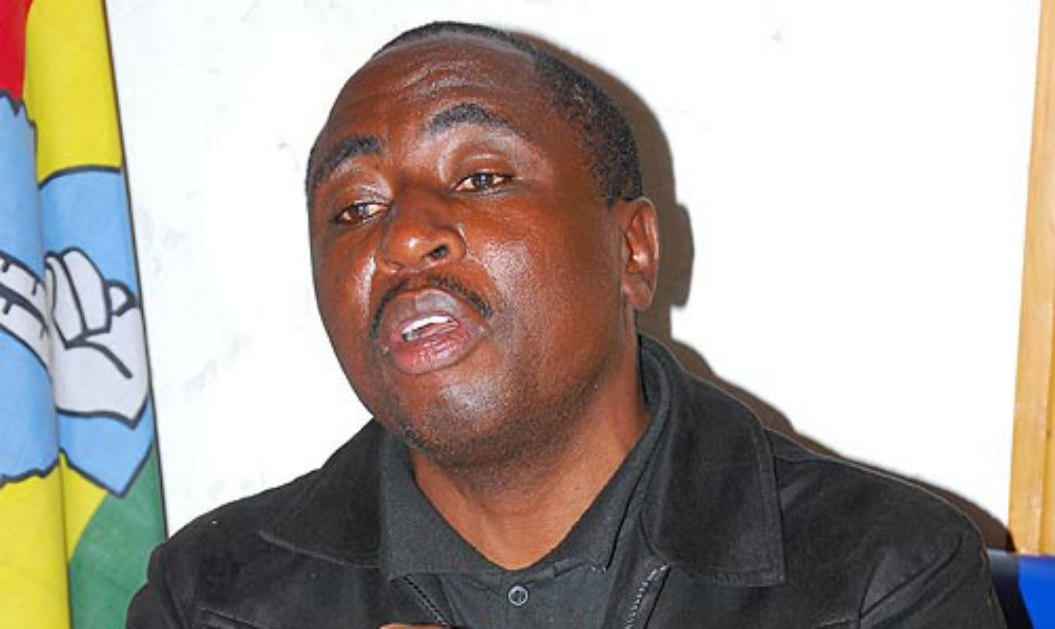The State Minister for Agriculture, Christopher Kibanzanga was on Thursday put under pressure by Members of Parliament (MPs) to account for Shs 56.3 bn that were given by World Bank to boost Cassava production in the country.
The Minister was appearing before the Committee on East African Affairs chaired by the Vice Chairperson, Agnes Amede having been asked to report on the progress of the East African Agricultural Productivity Project.
In 2009, Uganda received USD 30 million (Shs 56.340 bn) from the World Bank to strengthen agricultural productivity and growth.
The money was to specifically focus on research into the improvement of the cassava crop, the project was as well to complement agricultural investment programme currently implemented in Uganda and supported by International Development Association credit (IDA).
The legislators asked the Minister to account for the first phase of the EAAPP and associated stories whose response wasnt all satisfying to them.
They noted that other countries in the EAC region are allegedly capitalising on Ugandas weaknesses and promoting trade in cassava and cassava by-products demanding for plans put in place to promote cassava as Ugandas regional centre of excellence.
The legislators including MP for PWDS Sofia Nalule, Soroti Woman MP, Angelina Ossege noted that though 5 billion shillings was allocated for this financial year for procurement of cassava disease and drought resistant varieties, its supply is still lacking for farmers.
In response, the Minister noted that indeed legislators wanted to be provided by the relevant statistics of the progress of the project which wasnt readily available.
We have agreed with them that we shall come back and give them a detailed report on how Uganda has increased the yields of its cassava, improved varieties of cassava, drought tolerant and disease resistants, Kibanzanga said.
He noted that indeed a lot has been achieved under the project which include zoning the Northern and East midwestern Uganda as a cassava producing area.
The Committee chair ruled to adjourn the sitting allowing the Minister two weeks to return to the committee with the relevant responses and how the project has benefited the lay man.








